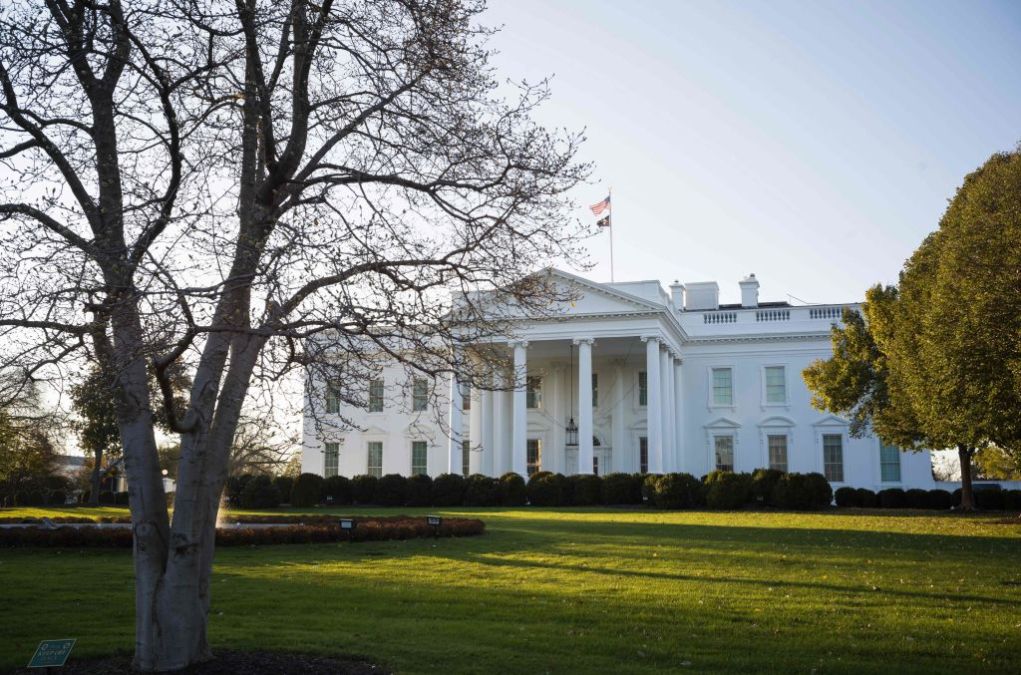White House finalizes OPEN Government Data Act guidance, restarts CDO Council

The Biden administration released anticipated guidance Wednesday for federal agencies to implement the OPEN Government Data Act and reupped the Chief Data Officers Council after it lapsed last month, completing two key actions for federal data policy.
Under the Office of Management and Budget memo (M-25-05), commonly known as “Phase II” guidance, agencies have long-awaited marching orders on how to create and maintain comprehensive data inventories and make their data open by default. That includes requirements to create a data inventory that is interoperable with the Federal Data Catalog, conform to the metadata schema approved by the White House, and publish that inventory on the agency’s website.
The memo reestablishing the CDO Council (M-25-06), meanwhile, gives the panel the ability to start exactly how it left off when its authorization lapsed Dec. 15 with the same membership and leadership. That will be important for carrying out the work under the Phase II guidance as the CDO Council is partly responsible for one of the first actions.
The OPEN Government Data Act is the second section of the bipartisan Foundations for Evidence-Based Policymaking Act, a 2019 law that required agencies to use evidence in decisionmaking and make their data accessible. The law also required agencies to designate chief data officers and established the governmentwide CDO Council.
OMB released the Phase I guidance (M-19-23) on agency learning agendas and other planning activities under the law in July 2019, but the wait for Phase II guidance continued for years.
While a draft of the guidance was shared with the Chief Data Officers Council in September 2020, OMB told the Government Accountability Office that the delay was a result of the COVID-19 pandemic and transition, according to a December 2021 report by the congressional watchdog.
In that same report, GAO recommended the White House release that guidance and cautioned that not doing so “could lead to delays in agency implementation of key provisions under the act and potential increased costs for agencies if they are required to revise their approaches to implementation after OMB releases the guidance.”
The watchdog reiterated that recommendation as recently as August in its priority list for the agency. In October, FedScoop reported the guidance was nearing finalization and officials had a goal to publish it by the end of November.
The CDO Council’s December expiration was part of the statute.
Under the law, the council was to terminate two years after a GAO issued a report on its progress. That report was published in December 2022. While lawmakers in both chambers put forward bipartisan proposals to extend the council, the bills didn’t make it across the finish line by the end of the Congress.
Nick Hart, president and CEO of the Data Foundation, a nonpartisan think tank focused on open data and evidence-backed policy, said in an email to FedScoop that the new guidance “represents a pivotal moment for federal data management — establishing a framework that balances openness with responsibility, enabling both robust privacy protections and increased value for businesses, researchers, and the American people.”
The memos are among a flurry of actions in the final days of the Biden administration before Donald Trump again takes office next week. Other actions this week included an executive order to bolster the nation’s AI infrastructure, an interim final rule on AI diffusion, and a memorandum on federal data center practices.
This story was updated Jan. 15, 2025, with comments from Nick Hart.






